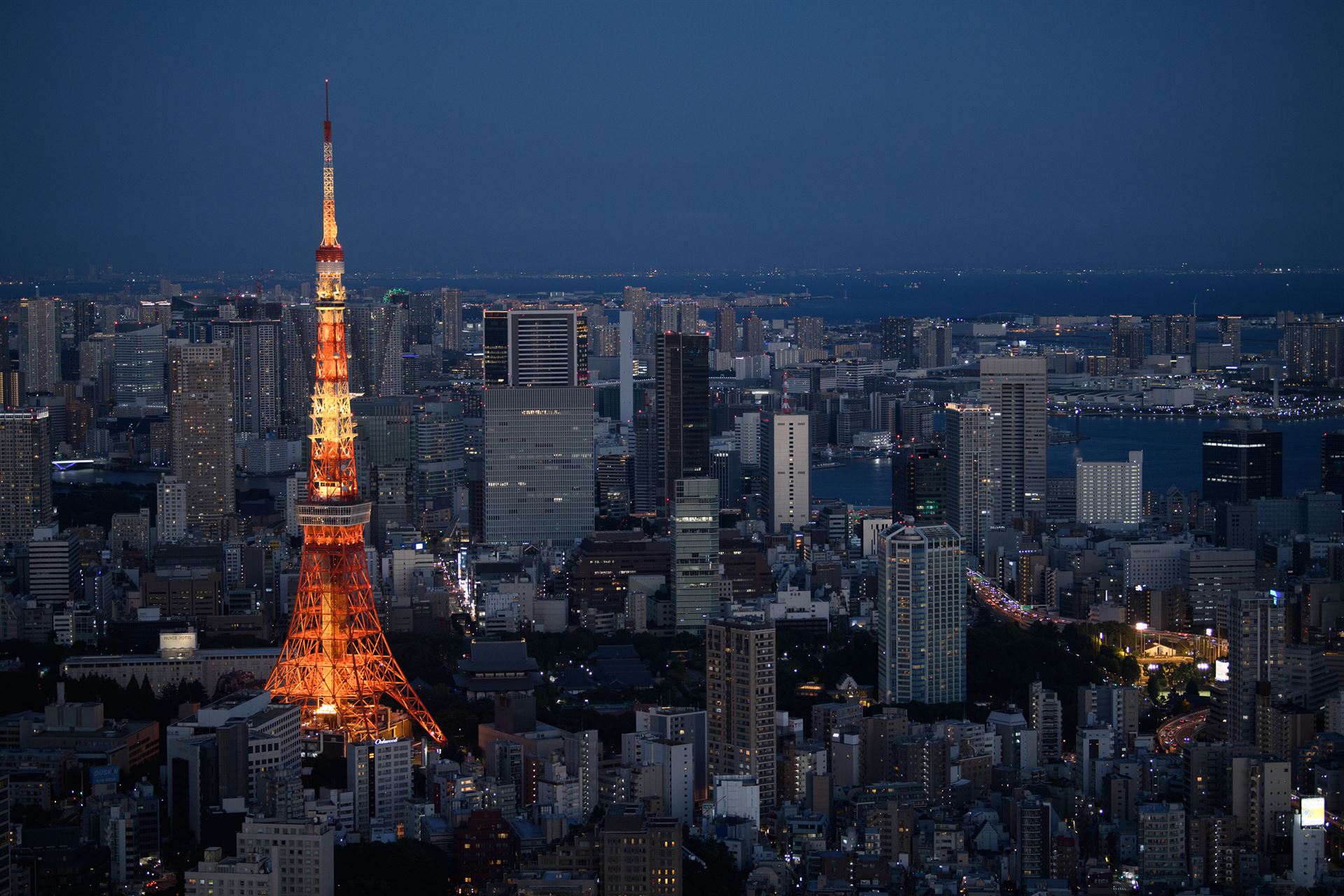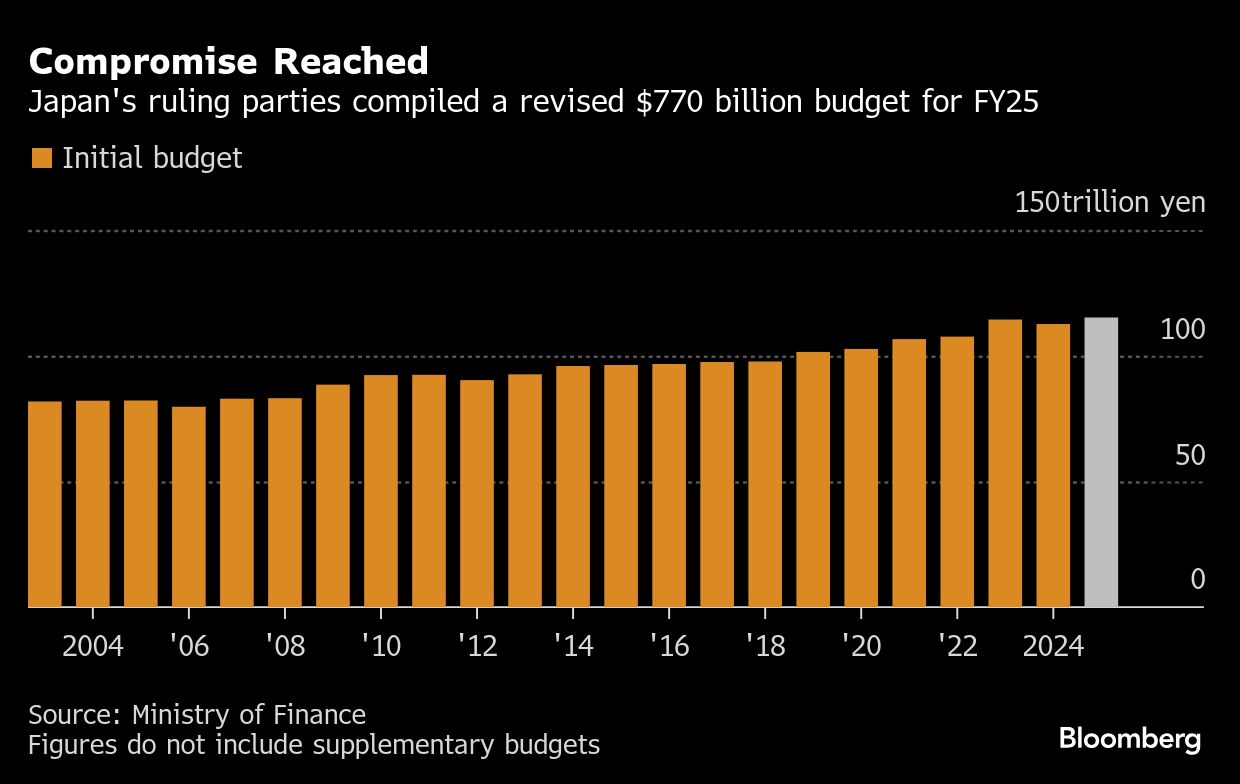
Japan’s parliament passed an initial budget after multiple revisions, easing some of the pressure on Prime Minister Shigeru Ishiba as he faces a host of domestic and diplomatic challenges.
Parliament approved the 115.2 trillion yen ($772 billion) budget in a plenary session on Monday, finalizing the bill just one day before the start of the new fiscal year. Originally approved by the Cabinet late last year, the budget underwent several modifications in both the lower and upper houses. It’s the first time in history that the budget was revised by the upper chamber and sent back to its lower house counterpart for an additional sign-off.
ALSO READ: Japan PM apologizes for giving out gifts, clouding budget prospects
Ishiba has been forced to negotiate with smaller opposition parties to pass the budget, at times conceding ground to their requests to secure enough seats to make sure it is not voted down.
The prolonged budget negotiations highlight the difficult position Ishiba’s minority government is in. His administration has been on shaky ground since the Liberal Democratic Party’s poor performance in last October’s election, which came shortly after he took office. With another election approaching this summer, Ishiba has been working to shore up his support, but a mountain of domestic and international challenges continue to complicate his efforts.

“We will do our utmost to implement the approved budget from April 1, ensuring that the lives of the people are secure and stable, the prosperity of the people is enhanced with wage gains that outpace inflation, and the independence and peace of Japan are firmly established,” Ishiba told reporters after the budget approval.
The latest adjustment stems from Ishiba’s decision to defer raising the cap on high-cost medical expenses, which was initially set for August. The premier flip-flopped his stance on the policy after facing strong criticism from both ruling and opposition parties, who argued it would place a significant burden on patients undergoing long-term treatment.
Although the deferral necessitates an additional 10.5 billion yen, Ishiba will likely manage to keep the overall budget unchanged by offsetting the increase with a reduction in reserve funds. Still, at over 115 trillion yen, the budget remains at a record high, adding strain to the country’s already tight finances. The size of Japan’s public debt will be 232.7 percent of gross domestic product this year, according to the International Monetary Fund’s report last month.
READ MORE: Japan PM asserts defense budget independence
An unexpected hurdle arose when Ishiba admitted to distributing shopping vouchers worth 100,000 yen to some newly elected ruling party lawmakers. Public backlash over the incident led to diet discussions demanding his explanation, further delaying parliamentary proceedings.
The scandal also tarnished his image as a clean politician, and support for Ishiba’s administration plunged. Some public opinion polls have shown his support rate falling below 30 percent, informally considered a key level for judging the weakness of a government.
READ MORE: Japan PM's coalition trims draft budget despite spending pressure
Meanwhile, like other global leaders, Ishiba has been pressured to respond swiftly to aggressive trade policies from the US. President Donald Trump has announced tariff measures one after another, from steel and aluminum to automobiles, along with threats of a so-called reciprocal tariff. Ishiba’s government has urged the US to exempt Japan from the car tariffs without ruling out countermeasures, while pledging comprehensive measures to protect jobs affected by these policies.


